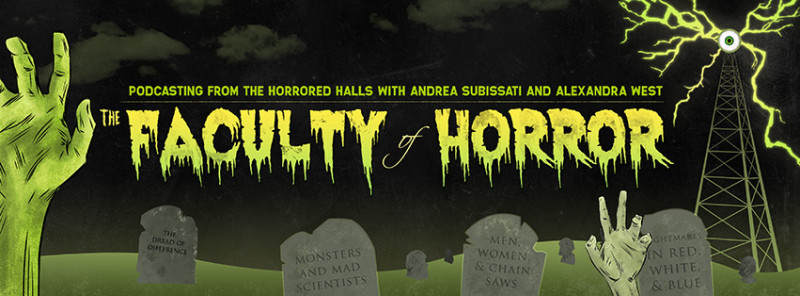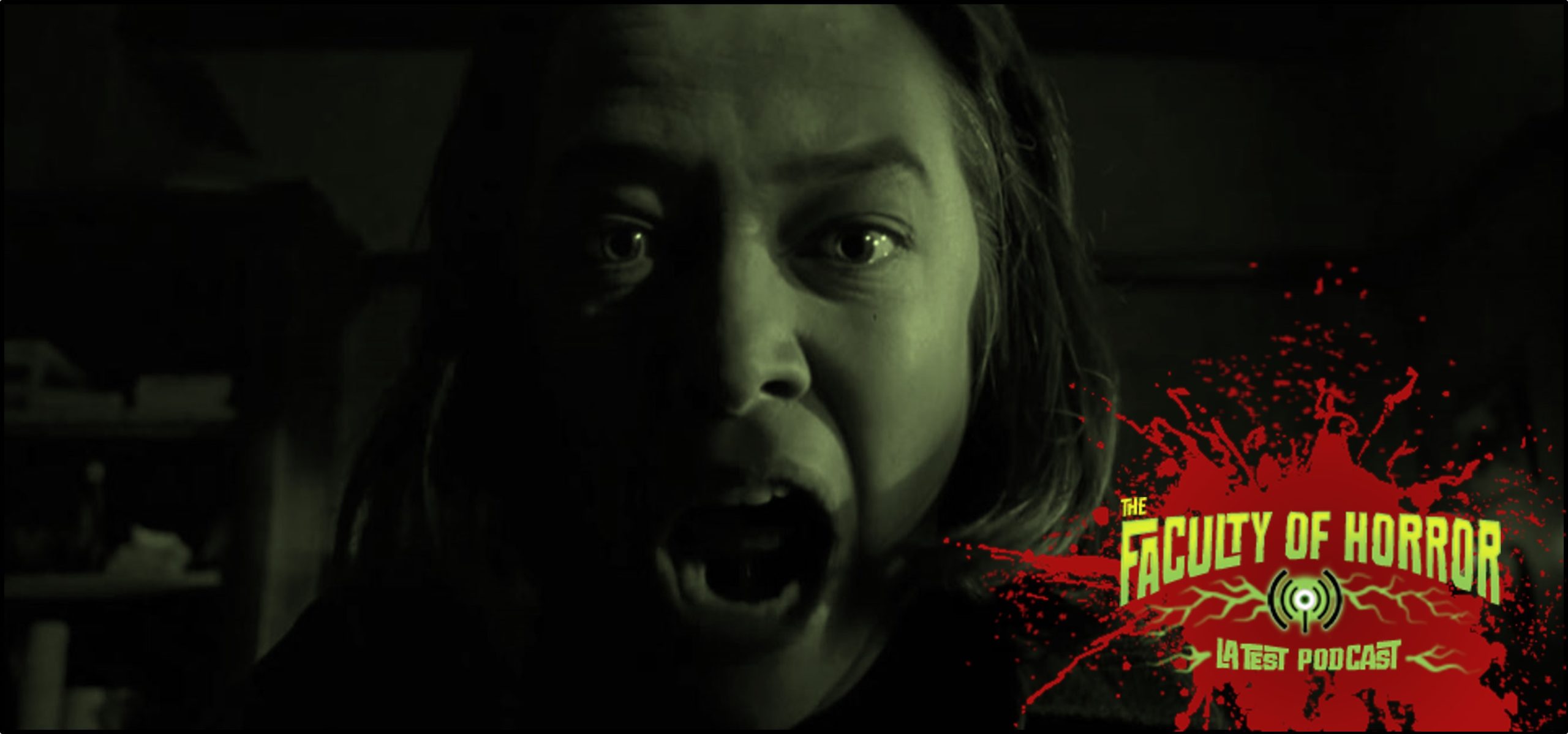Mind the roads this time of year because we’re covering Rob Reiner’s iconic film that delves into the murky territories brought to light when your saviour is also your #1 fan. We cover romance novels, toxic fandom, addiction, and more so buckle up! And make sure you know where the Dom Pérignon is kept.
REQUIRED READING
Misery. Dir. Rob Reiner, 1990.
EXTRA CREDIT
On Writing by Stephen King
Adventures in the Screen Trade by William Goldman
High and Low Culture by Abigail Williams
Your Legs Must be Singing Grand Opera by Douglas Keesley
“What’s Toxic Fandom and What Creates It?” By Rachael Lefler
“Where have all the Artist-Addicts gone?” A New York Times article about the white male writer as tortured artist trope
LISTEN
Right click or option-click here and choose “Save Target As”
Podcast: Play in new window | Download


The Harry Potter fandom was deranged long before “Hogwarts Legacy” or even “Gamergate”:
https://charlottelennox.livejournal.com/887.html
That in turn was the inspiration for this essay on how widespread such behaviors are online
https://slatestarcodex.com/2013/12/23/we-are-all-msscribe/
Assuming they actually were responsible, getting a director’s cut of a film made & released actually seems like about as positive an example of fandom as there can be. Neither DC superheroes or Game of Thrones are “niche” fandoms though. A whole lot more people have watched those than Till, or even The Woman King (which I’ve heard did decently at the box office), though of course Titanic was in a class of its own and is still near the top of the all-time biggest grossers.
❤️❤️❤️ your show! Just listened to Tex Chainsaw episode. Please tell me what your closing music is – gotta have it!
It’s going on my workout playlist. Hope I don’t explode my head with it (Scanners 😬😆)
I really enjoyed the discussion on Misery. Despite all his success and fame, Stephen King has remained grounded as a writer with a working class worldview and has at least attempted to interrogate the mystique and privilege surrounding popular white male writers like himself.
Just started listening to this epi. The narrator for the audiobook version might be familiar to you. Lindsay Crouse was in Slap Shot, that’s an old movie about hockey and you folks are Canadian so I assume you watch that everyday.
Joking aside, she was also Prof. Maggie Walsh in Buffy.